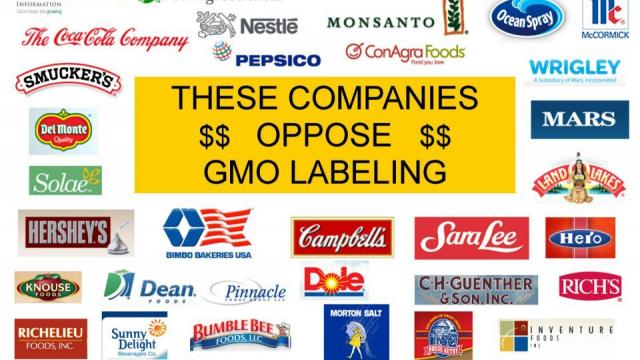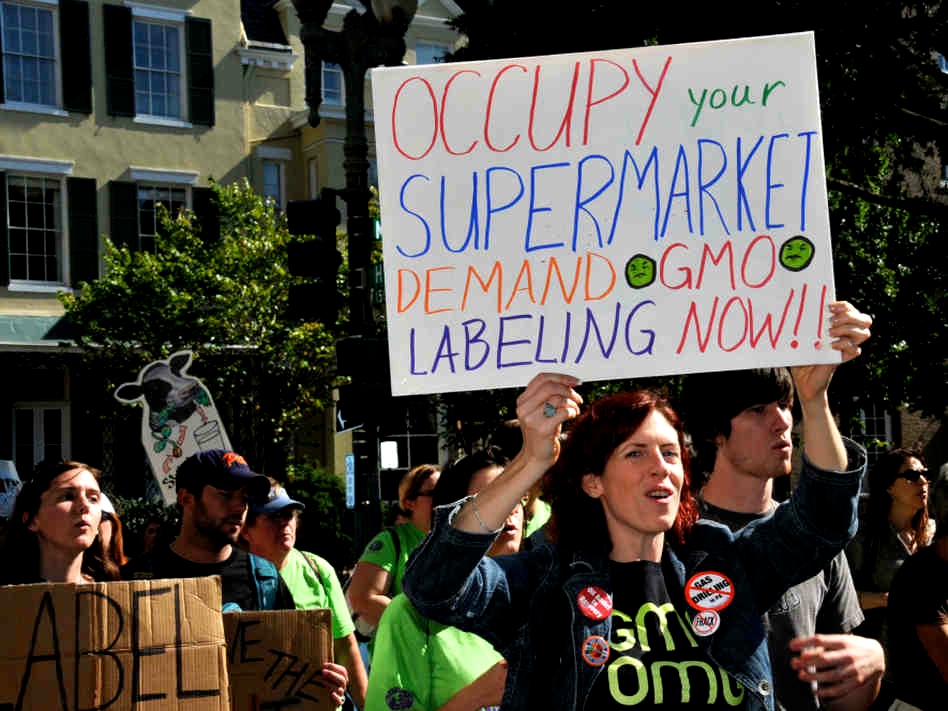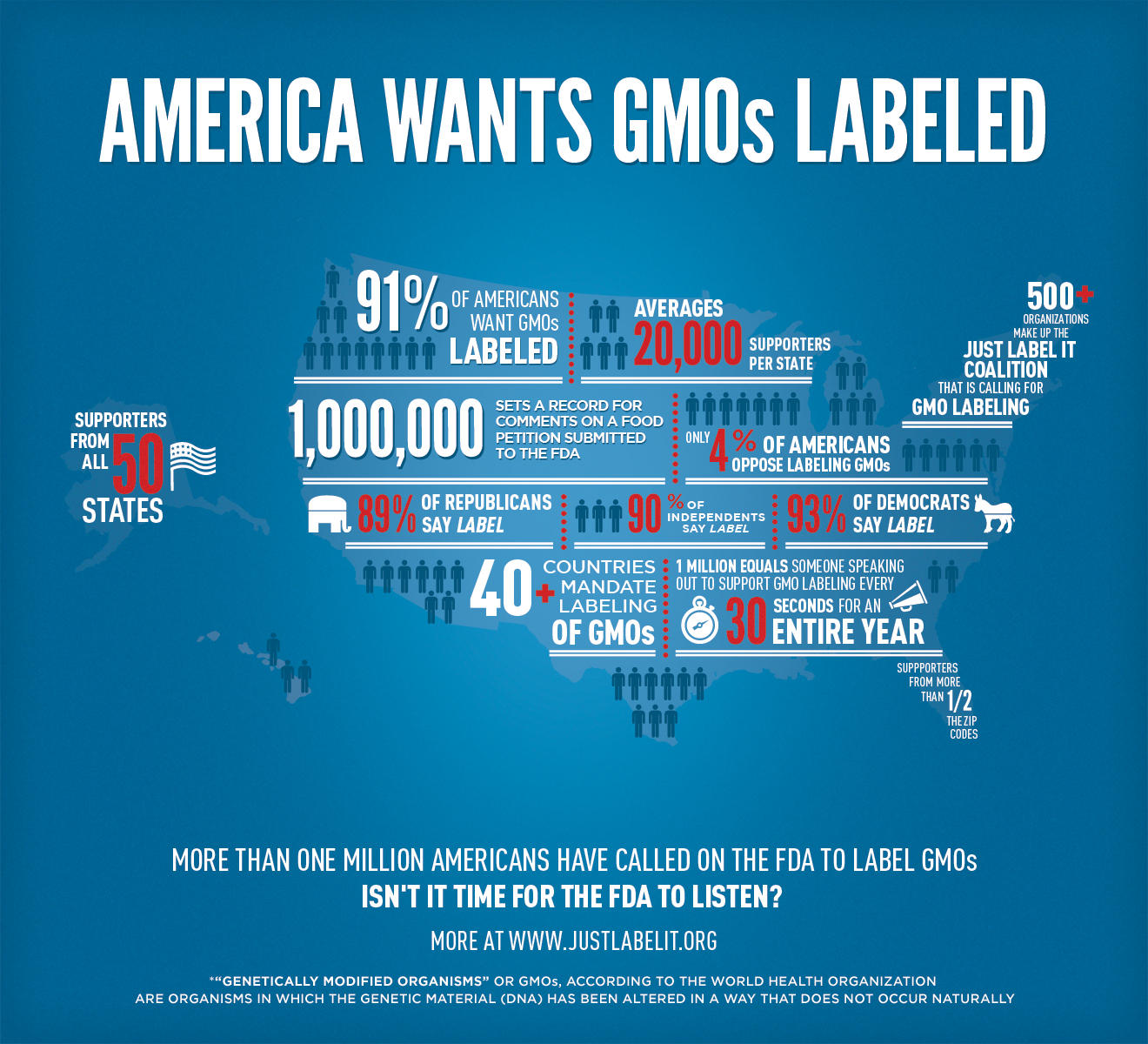
Coca-Cola, Nestle and Pepsi are among the more than 30 food manufacturing companies that have spent millions of dollars alongside biotech firms such as Monsanto to oppose the labeling of genetically engineered groceries in the state of Washington.
On October 18, 2013, the Grocery Manufacturers of America revealed that some of its most powerful members quietly funneled large donations through the trade group to oppose Initiative 522, a Washington ballot measure that would require groceries containing genetically engineered ingredients to be labeled as such.
The group voluntarily reported the names and contribution amounts of the donors it had kept secret to state election officials afterstate Attorney General Bob Ferguson filed a lawsuit earlier in the month.
Members of the Grocery Manufacturers of America, which was forced to create a political committee to comply with state law, have contributed more than $11 million to No on 522, the campaign opposed to the labeling initiative.
The corporations that funneled the most out-of-state funds through the trade group include Pepsico ($2.4 million), Coca-Cola ($1.5 million) and Nestle ($1.5 million), according to a Truthout review of state records. All three companies also made large contributions to defeat a similar labeling initiative last year in California, which lost popularity in the polls and ultimately failed after big processed food companies joined biotech firms in raising $46 million for the opposition.
Other large donors that funneled money through the Grocery Manufacturers of America to No on 522 include General Mills ($869,000) and Conagra ($828,249). Campbell's Soup Company, Kellogg Company, Land O'Lakes, Ocean Spray Cranberries, Cargill, Dean Foods and The Hershey Company are also on the list.
As it was in California, money appears to be making a big difference in the Washington GMO labeling campaign. In September, before both sides began spending on TV ads, GMO labeling supporters held a 45-point lead, according to an Elway Poll. Just weeks after ads began to roll out across the state, an October 21 poll showed that just 46 percent of voters supported the initiative and 42 percent were opposed.
The No on 522 campaign has raised $21.9 million and spent $13.5 million to defeat the GMO labeling initiative, according to state records. About half of the money came from the large processed food companies that were hiding behind the Grocery Manufacturers Association until the trade group came clean.
Biotech and agrichemical firms including Monsanto, Bayer CropScience and Dupont are largely responsible for the rest of the No on 522 war chest. Monsanto alone has donated $5.37 million.
The main committee campaigning for GMO labeling already has been outspent by the opposition, with $6.8 million raised and $5.4 million spent. The Yes on 522 campaign received large chunks of its funding from natural products companies, organics firms and alternative health companies.
The state attorney general's office said it would no longer seek an injunction to force the Grocery Manufacturers of America to reveal its donors because the trade group did so voluntarily. Ferguson's office, however, said it has no plans to call off its lawsuit against the trade group, which illegally funneled a record-setting $7.2 million to No on 522.
"We also continue to seek penalties, attorney’s fees, and other relief for violating the Washington state campaign disclosure laws," Ferguson said in a statement. "While the [Grocery Manufacturers of America] made the requested disclosures, there must be sanctions for violating the law and the case will move forward as filed."
The Grocery Manufacturers of America's most recent injection of $3.78 million from its political committee was reported last week, less than two weeks before Washington voters head to the polls. Monsanto also made a last-minute donation of $540,000.
3 WAYS TO SHOW YOUR SUPPORT
- Log in to post comments













